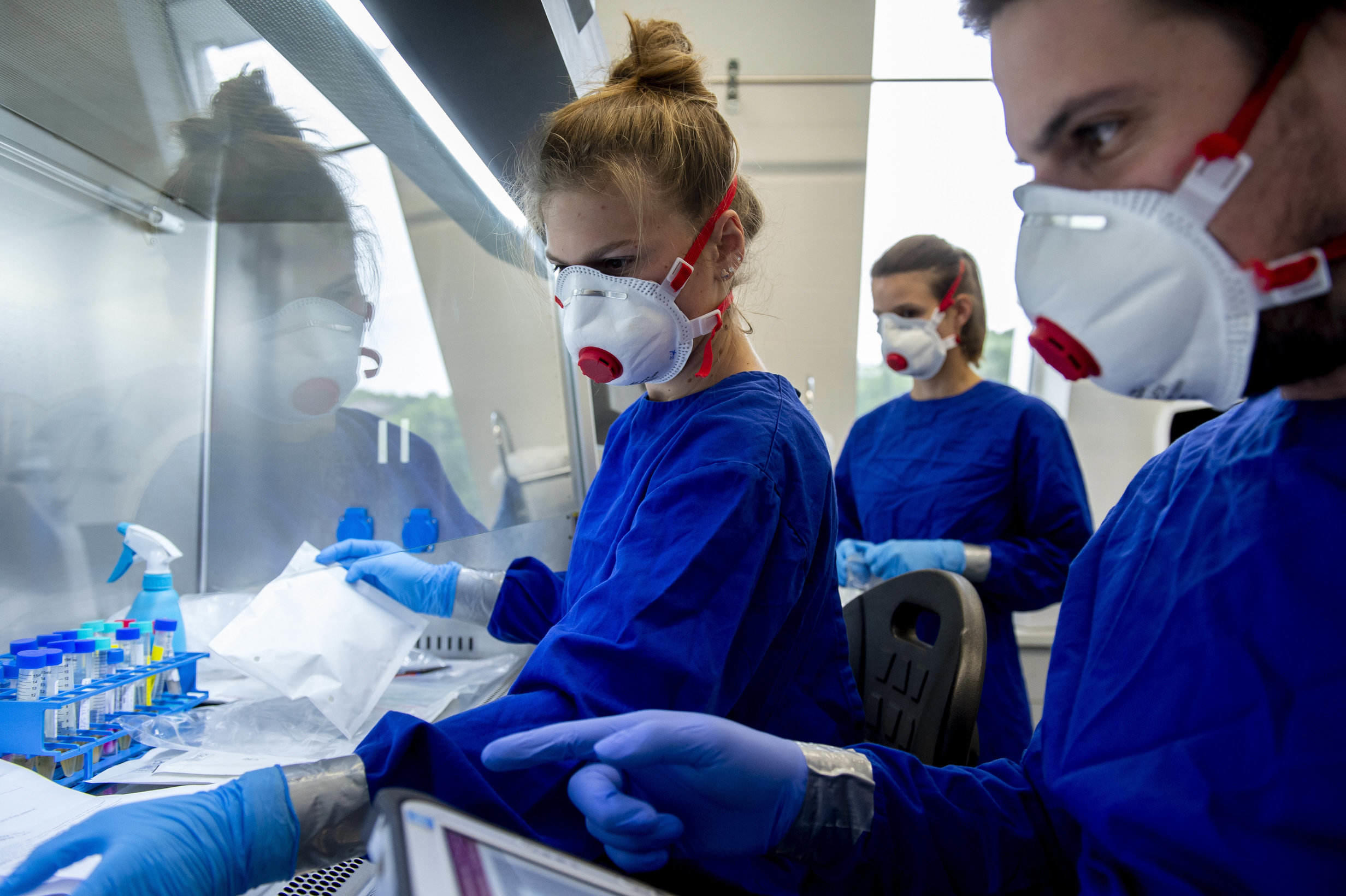Hungarian university developing a modern, third-generation coronavirus vaccine

Researchers at the University of Pécs are partnering with the Austrian biotech company CEBINA (Central European Biotech Incubator and Accelerator) to produce a coronavirus vaccine for mass vaccination. The consortium’s vaccine project is fundamentally different from other development approaches.
Researchers in the world’s leading laboratories are currently working to develop a vaccine against the novel coronavirus. The Hungarian university and its Austrian partner aims to develop a vaccine that is safe and affordable for mass vaccination, and can also provide protection during the current and future coronavirus pandemic, Hirado reported.
“Our aim is not to compete with large international institutes but to protect the domestic population. If we could develop an effective vaccine, with which at least 60% of the domestic population could be vaccinated, then we would be very successful,”
said Ferenc Jakab virologist and Head of the BSL-4 Laboratory in the Szentágothai Research Centre.
Several types of vaccine development can be distinguished
In the case of traditional vaccine production methods, vaccines are made from whole weakened or inactivated (killed) pathogens. Unfortunately, literature data seem to indicate that this solution is not viable in the case of the novel coronavirus; it does not generate a sufficiently strong and effective immune response in the human body.
The second- and third-generation vaccine development constitutes the second type. These are either nucleic acid-based vaccines or so-called subunit or protein-based vaccines. In these cases, only a fragment of the pathogen is used to trigger an immune response, the virologist explained. Ferenc Jakab added that it is possible that vaccination has to be repeated once or twice to develop a stable immune response in the human body.
Laboratory tests have already begun
Laboratory tests have already begun, but vaccine development is a rather lengthy process. The so-called test-tube experiments are followed by animal vaccinations, where they evaluate the response generated by the vaccine in the animals. If the pre-clinical phase confirms the vaccine’s safety and efficacy, the researchers start the clinical trials in human subjects.
If the vaccine meets all necessary criteria according to the trial results, licensing can begin after the last phase. Ferenc Jakab said that they plan to start pre-clinical studies in 2021.
Vaccine production at the University of Debrecen
The University of Pécs is not the only domestic institution working on coronavirus a vaccine. According to Kormany, the National Centre for Public Health started vaccine development at the end of May, with the help of the University of Debrecen and the Ministry of Human Resources, using the isolated virus samples of 30−40 people.
Source: hirado.hu

